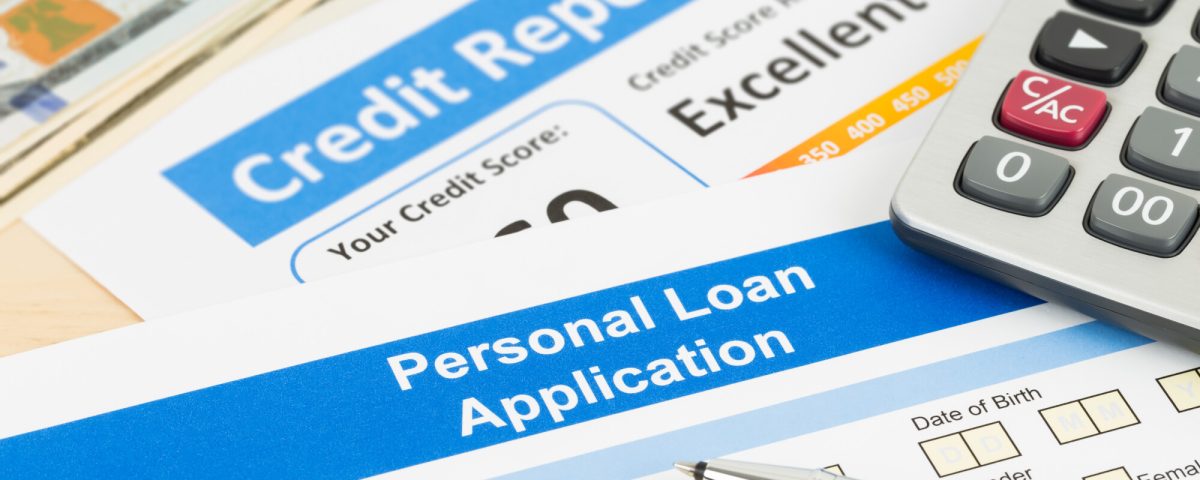Personal Loan vs Home Equity Loan: Which Is Right for You?

Fast Cash Advance Loans: How to Use One Responsibly
April 10, 2023
Your Lending Guide: How to Secure Next Day Loans for Bad Credit
April 12, 2023Did you know that 80 percent of all financial advisors use online tools and resources to help them do the job?
So if you’ve found yourself here browsing the web, trying to discern the differences between personal loans vs home equity loans, don’t worry. Financial advisors have found themselves here or in similar situations, too.
This article outlines the differences, pros, cons, and circumstances that influence your choice.
Let’s get right into it!
1. Understanding the Differences Between a Personal Loan and a Home Equity Loan
Both personal loans, as well as home equity loans, allow the borrower a lump-sum amount that they must pay back in installments to the lender.
However, a personal loan is an unsecured loan, while a home equity loan is secured.
A secure loan is one that requires you to put something valuable up as collateral against the amount borrowed. If you fail to repay this amount, the lender will be entitled to the value of this collateral equal to the amount due.
An unsecured loan does not require any such collateral.
On a home equity loan, the borrower’s home will be used as collateral against the amount borrowed.
A personal loan is generally ideal for amounts that exceed your credit card limit. Home equity loans are a good choice for larger amounts of money. Most lenders will allow you to borrow an amount up to 80 or 85 percent of your home’s total value.
2. Pros and Cons of Taking Out a Personal Loan
Let’s have a look at the various advantages and disadvantages of taking a personal loan.
To start things off, a personal loan allows you to receive your payment in a lump sum. You can make an immediate purchase and access the entire amount when you need it.
Further, the process of getting a personal loan tends to be quite simple and straightforward. It’s quick and requires a lot less paperwork.
It is accessible to you even if you do not own a home or something of significant value to put up as collateral. Personal loans also tend to be quite flexible in their usage, allowing you more room to spend on purchases that matter to you.
However, when we look at the disadvantages, we see that personal loans also tend to have higher rates of interest relative to home equity loans. This is due to their unsecured nature.
Secondly, lenders may be quite selective while choosing candidates who qualify for a personal loan. Candidates with poor credit scores may not meet the eligibility criteria for these loans.
Thirdly, penalties and associated payments may be higher than other loans or even your credit card payments.
3. Pros and Cons of Taking Out a Home Equity Loan
Now that we’re up to speed on what to expect with personal loans, let’s have a look at home equity loans.
One of the biggest advantages of taking a home equity loan is its fixed rate of interest. The interest you agree to pay at the time of taking this loan will continue to stay the same over time. This means predictable payments and a fixed number of installments over a specific period of time.
There will be no surprise charges or unexpected hikes as you might see in other loans.
Next, the rate of interest is likely to be significantly lower than other types of loans available to you. A home equity loan is a great way to finance large purchases that may otherwise not be available to you through other loans.
Finally, certain payments may also qualify as tax deductions.
Among the cons of taking out a home equity loan is the fact that your home will be used as collateral. This puts you at risk for foreclosure if you are unable to pay your installments.
Next, as a loan that involves real estate, you will be required to pay closing costs. This amount could range anywhere between 2 to 5 percent of the total amount borrowed.
Finally, you have to make an educated guess about your financial situation in the future. By taking a home equity loan, you might be committing to two mortgages in the event your first one isn’t paid off.
4. Assessing Your Financial Situation to Determine Which Loan Is Right for You
Wondering which is the more appropriate loan for your needs? Here are situations where a personal loan is more likely to be a good choice:
- When you need money to cover a relatively smaller expense
- When you do not have a home or do not want to put your home at risk for foreclosure
- You have a good credit score
In contrast, here are situations where taking a home equity loan might be the more appropriate solution for you:
- When you’ve built up a decent amount of equity for your home
- You have a poor credit score
- You want a lower rate of interest
- You need to borrow a large amount of money
Personal Loan vs. Home Equity Loan: Choose Right
A personal loan is an unsecured loan, whereas a home equity loan relies on your home as collateral. One is ideal for smaller purchases, whereas the other works well when you need to borrow larger sums.
Navigating whether you need a personal loan vs. a home equity loan can be tricky. Luckily, you now have the information you need to make an educated decision!
Feel like your credit score won’t allow you a personal loan? Have a look at this in-depth guide on how to improve your credit score!

